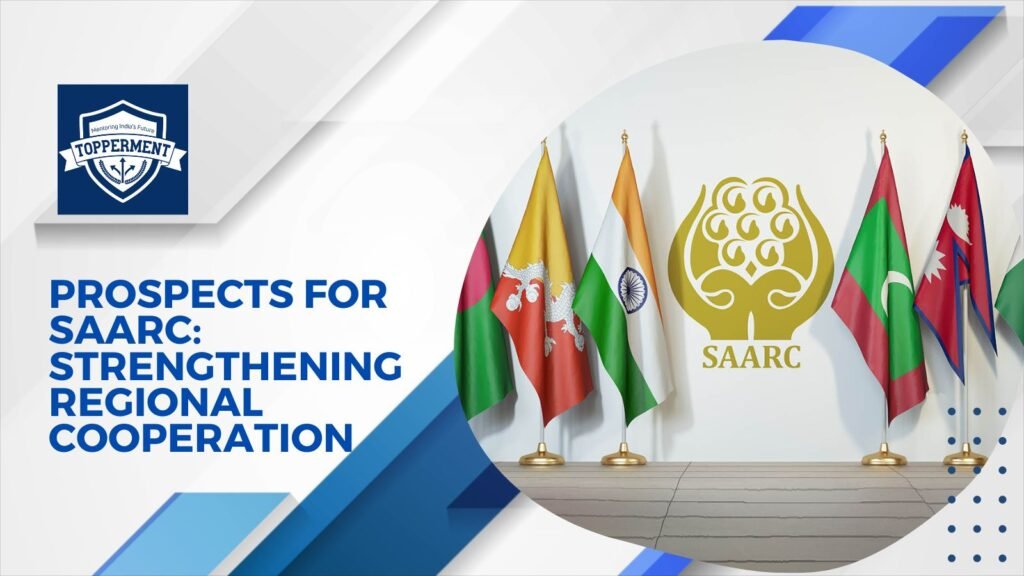The South Asian Association for Regional Cooperation (SAARC) is a significant intergovernmental organization comprising eight member states, namely Afghanistan, Bangladesh, Bhutan, India, Maldives, Nepal, Pakistan, and Sri Lanka. Founded in 1985, SAARC aims to promote regional cooperation and foster economic, social, and cultural development in South Asia
Economic Integration and Trade:
SAARC presents a significant opportunity for economic integration and increased trade within the region. By eliminating trade barriers, promoting investment, and facilitating trade facilitation measures, member countries can enhance intra-regional trade. The establishment of the South Asian Free Trade Area (SAFTA) in 2006 was a step in this direction, aiming to boost regional trade and economic cooperation.
Infrastructure Development:
Infrastructure development plays a crucial role in promoting regional connectivity and economic growth. SAARC can prioritize collaborative projects in sectors such as transportation, energy, and communication. Initiatives like the South Asian Regional Power Exchange and the SAARC Motor Vehicle Agreement can improve cross-border connectivity and enhance energy cooperation.
Energy Cooperation:
The energy sector holds significant prospects for cooperation among SAARC member states. South Asia has abundant renewable energy resources, and collaborative efforts can harness their potential. By sharing expertise, promoting research and development, and establishing cross-border energy grids, member countries can address their energy needs sustainably. Projects like the SAARC Renewable Energy Initiative can foster technology transfer and collaboration in the renewable energy sector, contributing to energy security and environmental sustainability.
Regional Security and Counterterrorism:
Cooperation in the realm of regional security is essential for maintaining stability and addressing shared challenges. SAARC can serve as a platform for member states to enhance intelligence-sharing, joint training exercises, and collaborative efforts to counter terrorism, transnational crime, and illicit drug trafficking.
Social and Cultural Exchanges:
Promoting social and cultural exchanges is vital for fostering people-to-people contacts, understanding, and harmony among member states. SAARC can facilitate programs in the fields of education, culture, sports, and youth engagement. Initiatives like student exchange programs, cultural festivals, and sports events can create bonds of friendship, foster cross-cultural understanding
SAARC has the potential to bring about significant positive change in South Asia through enhanced regional cooperation. By focusing on economic integration, infrastructure development, energy cooperation, regional security, and social and cultural exchanges, SAARC can effectively address the common challenges faced by member states
Also Read
- What Is The Process of Law Making in India? | UPSC Polity
- Rights Outside Part III Of The Indian Constitution | UPSC Polity
Follow Us For More Content On:
https://www.instagram.com/topperment/


